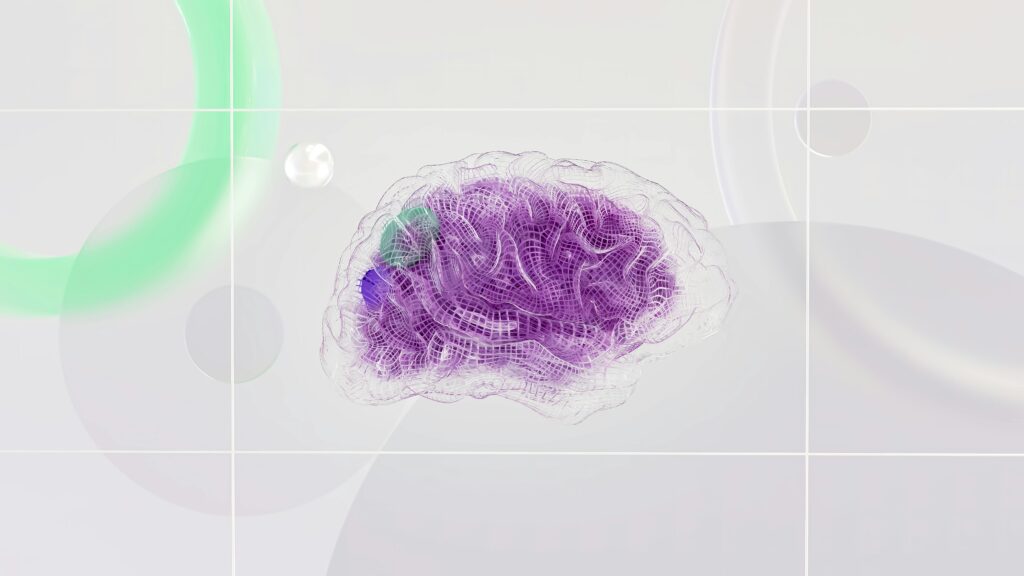The intersection of technology and literature has long been a fertile ground for innovation, but recent advances in artificial intelligence (AI) are taking this fusion to new heights. As algorithms become increasingly sophisticated, they are now venturing into the realm of creative writing, raising the intriguing question: Can AI write bestsellers?
The Rise of AI in Creative Fields
Artificial intelligence has made impressive strides across various domains, from autonomous vehicles to healthcare diagnostics. In the realm of creative arts, AI’s presence is no less groundbreaking. Algorithms trained on vast datasets are now generating art, composing music, and even crafting prose. With tools like GPT-4 and other advanced language models, AI has begun to experiment with the written word, producing texts that range from passable to impressively coherent.
How AI Writes: The Mechanics
At the heart of AI’s literary capabilities lies natural language processing (NLP), a branch of AI that enables machines to understand and generate human language. Language models like GPT-4 utilize deep learning techniques, which involve training on extensive corpora of text. This training allows the AI to predict and generate text sequences based on patterns observed in the data.
For instance, if an AI is trained on thousands of novels, it learns the structural nuances of storytelling—plot development, character arcs, and thematic elements. This knowledge enables it to produce text that mimics human writing styles and can even engage readers with plausible narratives. However, while AI can generate text that resembles human creativity, the question remains: can it produce a true bestseller?
The Algorithmic Bestseller: Potential and Pitfalls
AI-generated texts have already made headlines for their quality and creativity. Algorithms have penned poetry, short stories, and even full-length novels. However, despite these achievements, the distinction between an algorithmic success and a genuine bestseller is nuanced.
1. Marketability and Originality
One of the crucial factors in a book’s success is its originality and market appeal. Bestsellers often resonate with readers on a personal level, reflecting unique human experiences and emotions. While AI can generate content that is stylistically impressive, it may lack the depth of personal insight that characterizes truly impactful literature. The ability to tap into the zeitgeist and evoke genuine emotional responses remains a challenge for AI, as it relies on existing patterns rather than personal experiences.
2. Emotional Connection and Authenticity
Authentic emotional connection is another significant factor in literary success. Readers often seek a sense of intimacy with authors, drawn to narratives that convey genuine human emotions and experiences. AI, by its nature, lacks personal experience and emotional depth, potentially limiting its capacity to create content that resonates on a profound level. While AI can simulate emotional responses, these are derived from patterns rather than lived experiences.
3. Editorial and Human Touch
The role of human editors and literary agents cannot be understated. These professionals bring a wealth of experience in shaping narratives, ensuring quality, and understanding market trends. AI-generated texts often require human intervention to refine and polish, as algorithms may produce content that, while technically proficient, lacks the nuanced touch of a skilled editor. The collaborative effort between human and machine may be the key to creating standout literary works.
The Future of AI in Literature
As AI technology continues to evolve, its role in literature is likely to expand. While algorithms may not fully replace human authors, they can serve as valuable tools in the creative process. AI-generated content can inspire new ideas, assist with brainstorming, and even help writers overcome creative blocks. The future may see a more integrated approach, where human creativity and AI capabilities complement each other, leading to innovative literary forms and narratives.
In conclusion, while AI has made remarkable strides in the realm of creative writing, producing a true bestseller involves more than just generating coherent text. The human touch, emotional depth, and originality remain essential components of literary success. However, as AI continues to advance, its role in the literary world will undoubtedly grow, offering new possibilities and challenges for the future of storytelling.










